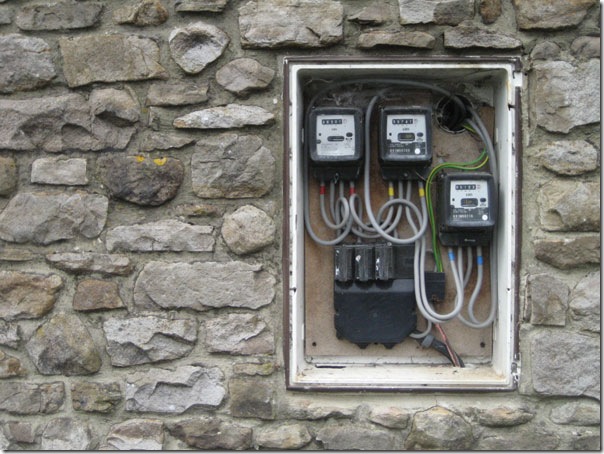Smart meters
The smart meter has been heralded as a key building block in our low-carbon energy future. agendaNi looks at the future plans for smart meters.
In December the UK Government announced that every home must be fitted with a “smart meter” by 2020 in order to help reduce energy use and to help the development of a low-carbon “smart grid”. These new meters will send information on real-time electricity and gas use in households and small businesses directly to utility companies, which will remove the need for the companies to read meters or issue estimated readings.
The main benefit will be in providing energy use information to consumers which in turn will help them identify areas where they can save energy. However, consumers are likely to have to pick up some of the costs of the compulsory scheme. The Government estimates that putting smart meters into the UK’s 26 million properties could save consumers and energy companies between £2.5 billion and £3.6 billion over the next 20 years. However, the cost of purchasing and installing the meters could be almost double this amount. The Department of Energy and Climate Change (DECC) is currently out to consultation on how the metering project might be rolled out.
There are a number of issues including the central question of who should be responsible for undertaking the supply and installation and also the data management. The Government’s preferred model would make energy suppliers, rather than the network companies, responsible for the meters with a new third party responsible for handling the data.
Although the cost of rolling out the smart meter programme will be significant and will be probably borne by consumers, there are clear benefits from using such meters and these include:
- Energy demand management and carbon reduction;
- Reduced customer management costs for utilities;
- Peak load shifting with time-of-day tariffs;
- Enhanced network management;
- Facilitation of micro-generation onto the grid;
- More accurate billing; and
- Energy use information for consumers.
Although the industry has been focused on the benefits of supplying information to customers about the amount of energy they use, there have been some data protection problems raised in the media, with some newspapers describing smart meters as the “spy in the hall”. For any smart metering roll-out programme to be successful, it will have to address data protection and privacy issues effectively.
In Northern Ireland DETI has reported on a recent consultation exercise on energy billing and metering. The consultation exercise looked specifically at smart metering in order to meet the requirements of the EU’s Energy End Use Efficiency and Energy Services Directive. In order to meet the requirements of the Directive, DETI has proposed a roll-out of smart meters within a 10 year period.
NIE is just completing a three year trial, having installed smart meters in 200 homes. The innovative trial is based around a standard meter with ‘smart communications’ fitted to it and uses the customer’s telephone line to relay the data back to the utility. Customers are then able to look at their electricity usage online. NIE sends customers a prompt to say that their bill is available online.
agendaNi spoke to project manager Eugene Maguire from NIE Energy: “We’re concluding a trial of the latest in smart meters and the good news is our customers love it. The key to its success is that customers can look at their electricity use at anytime online in easy to follow graphics, helping pinpoint energygreedy appliances.”
Customers can view their electricity usage half-hourly, daily, weekly or monthly. The trial has shown that on average customers have tended to look at their consumption data online on a weekly basis. This increased monitoring of energy usage has led to a energy saving of 5 to 10 per cent.






